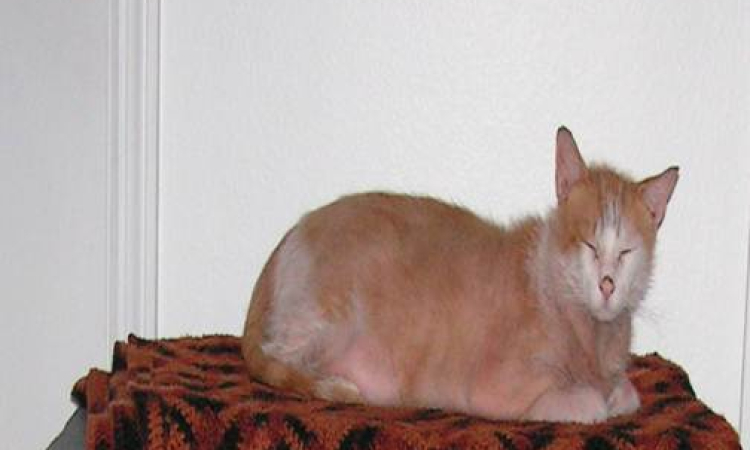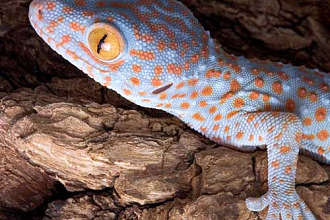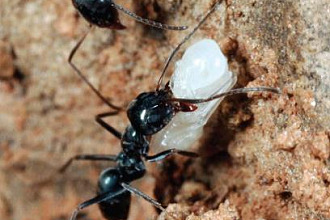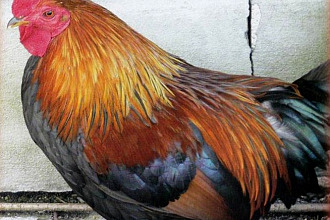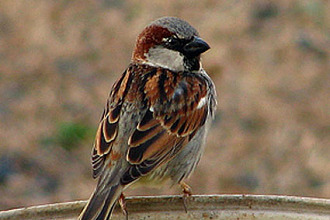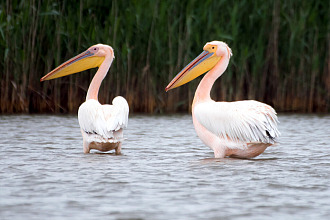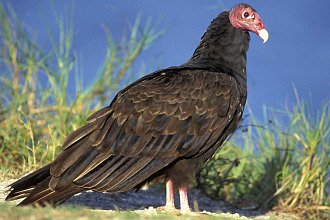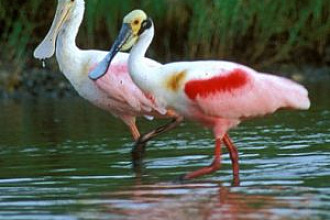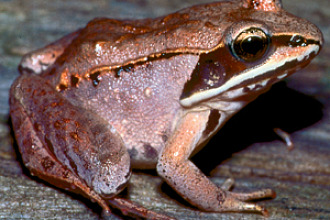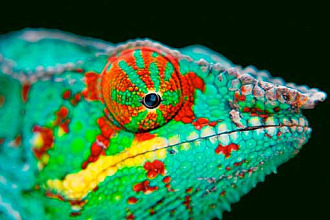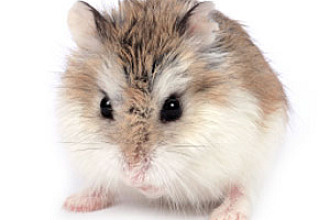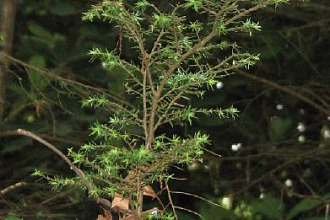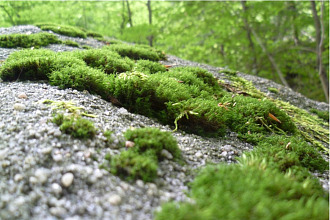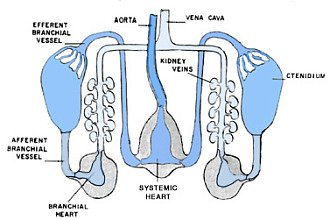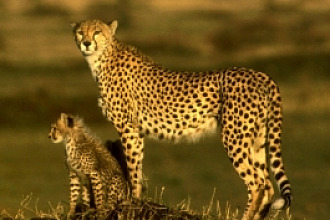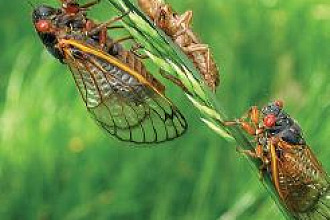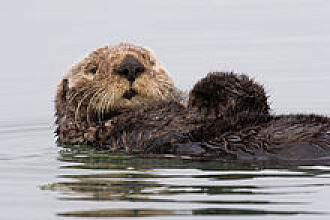Just four cats among 30+ species of felines have the ability to roar: the lion, tiger, leopard and jaguar.
A lion's deep-throated calls can be heard—not by accident—up to five miles away! Their Creator has given them thicker vocal cords and a more flexible larynx (voice box) than other cats. These amazing creatures with massive shoulders, strong forelimbs, long sharp claws and short powerful jaws have strength to produce that volume, since an adult male lion weighs between 330 and 550 pounds. (The largest tigers even weigh up to 700 pounds and are eleven feet in length besides their 3-foot-long tail.)
Those four big cats don't purr—but smaller wild cats like the cheetah and puma do purr like their domesticated cousins who vocalize as well as "knead," showing their contentment. Kneading begins immediately after a kitten's birth. And it's not by accident, since treading on the mother's breasts stimulates milk flow. Kneading is employed all the way into a cat's adult life as a comfort mechanism - and that, with soft purring, is certainly preferable around the house than the sound of a big roar!
The frequency range heard by humans and dogs is also heard by the domestic cat, but it's not by accident that a cat's hearing range extends into a higher fre¬quency as well—exactly matching the frequencies of sounds made by rats and mice! Obviously it was programmed with great precision by their Creator so when those rodents are heard, the cat's hunter instinct takes over!
All cats have been given another fascinating not-by-accident tool by their Designer. It serves as knife, spoon and comb. You may have felt it yourself if you've ever been licked by a cat! Their tongue is covered with backward-facing fleshy hooks called "papillae" which contain keratin. The hooks act as combs for grooming and as small cups for drinking. (The hooks on the tongue of wild cats are larger and are used to scrape meat off the bones of prey that are caught and killed.) And it's not by accident that a cat continually seems to be cleaning itself. That licking removes loose hair and parasites, stimulates skin secretions at the root of the hairs that helps waterproof their coat, helps regulate body temperature by cooling their body as the saliva evaporates, and aligns the hairs with the rake-like tongue to retain heat and keep out the cold when needed. (Thanks to the incredible—but not-by-accident—suppleness of its spine, a cat can lick its entire body minus the head and face which it cares for by using its paws as a washcloth.)
Cats have many other not-by-accident gifts from their Creator, including a special kind of intelligence that causes whatever they have learned—whether by acci¬dent, trial and error or by training—never to be forgotten. Another unique gift is their somewhat loose skin. We've probably all seen mother cats carry their babies by the scruff of their neck. Later in life that loose skin is a life saver when a cat is grabbed by an attacker and is able to turn and face its foe and continue to fight "tooth and nail" to free itself!
Back to lions and their roars. Lions have a distinctive roar recognized by the other lions in its pride. When a solitary lion becomes separated from its group it roars to make contact. Then, not by accident, the other lions of its pride begin roaring in return in order to help the missing lion locate its group.
There's a sound we humans can make for help also—when we feel lost or threatened: It's prayer to that same Creator who never leaves us to face the roar of life alone. And that is a not-by-accident promise He has spoken in His word!
"NOT BY ACCIDENT" (c) Juanita Kretschmar is used by permission and was first published in the book "Not By Accident s" pages 11
Pictures from here and by Muhammad Mahdi Karim from here

